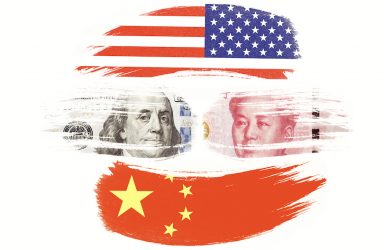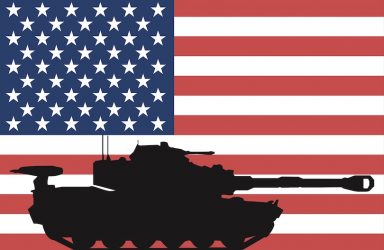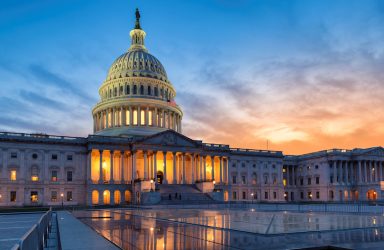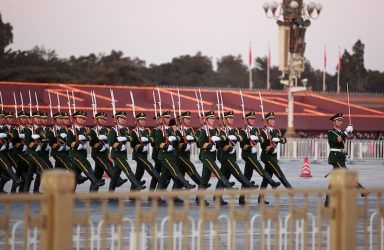‘My Order, My Rules’: China and the American Rules-Based Order in Historical Perspective
Faced with a rising and revisionist China, the US has come to emphasise the maintenance of a rules-based order as a substitute for what it sees as American rules and order.
Opinion – US Carbon Border Mechanism in the Twilight Zone
The US and the EU can cooperate closely to address carbon leakage and create a momentum in significantly reducing carbon emission.
Opinion – Irish-American Diplomacy and the Catholic Orphanage Scandal
That Irish-American diplomacy contributed to an elaborate network of child adoption casts a dark shadow over what is otherwise hailed as a formative period in the relationship between the two nations.
Opinion – The Status of China’s Confucius Institutes in American Universities
Regardless of the context, the PRC’s PR professionals did not need an office on American campuses as Great Power competition moves beyond the soft power stage.
Opinion – China’s Belt and Road Initiative: Pragmatism over Morals?
Despite criticism, the Belt and Road Initiative and the pragmatic values associated with Chinese investments are unlikely to lose popularity any time soon.
Opinion – US Artillery: Crusader is Out, What is Next?
War is not simply about having the biggest gun, it’s about having the right gun. It is likely that the US army will resort to howitzers more similar to French artillery in the near future.
Explaining Bipartisan Support for the US Innovation and Competition Act
The ICA received bipartisan support due to both parties perceiving China’s authoritarianism similarly. Yet, partisanship remained active throughout negotiations.
Anarchy and Occupation: The US in the Mexican-American War and in Afghanistan
The lack of domination structures through which imperial or state power can be exerted strains, and renders futile, the capabilities of the occupying force.
No Clear Winner, One Clear Loser in Afghanistan
The Afghanistan conflict has provided the necessary dynamics of instability without stable institutions, making it an inviting strategic space for competing parties.
Will China-US Great Power Competition Lead to War? A Thomistic Perspective
It is reasonable to expect that China will intensify its strategic campaign to displace the US in the Indo-Pacific and as the hegemonic power on the world stage.












